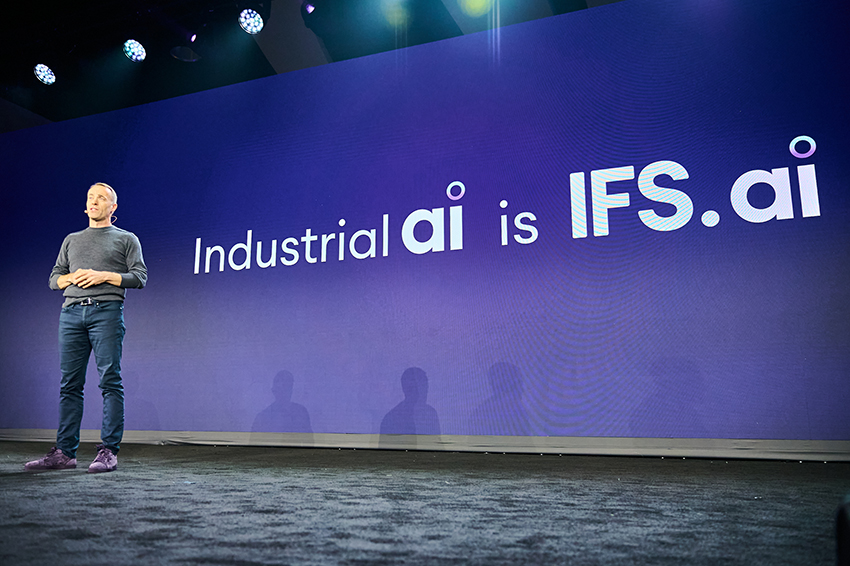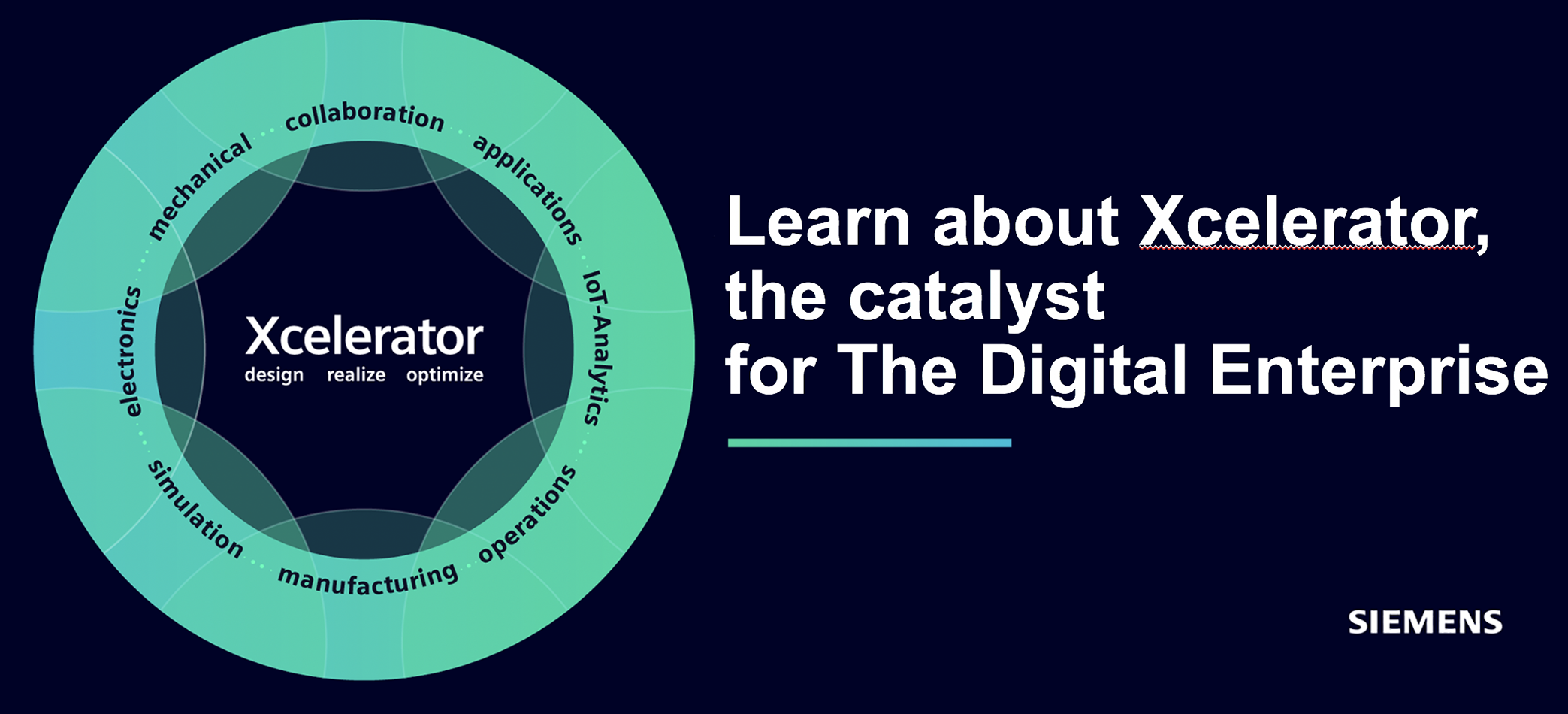First, an overall look at how IFS laid out the AI pieces in its Cloud solution. For IFS, the AI tools are within the framework of IFS.ai. This architecture provides an extended and user-defined experience for employees in all functions of the business. Because this can be adapted to their specific way of working, the AI approach helps them become more efficient and their organizations can automate and optimize processes across traditional operational and data silos.

IFS.ai and the structural setup
In general, IFS.ai runs all IFS functions and works natively with IFS Cloud, IFS Ultimo, IFS assyst and IFS Poka.
“Capabilities are enhanced with AI and delivered to the user to create deeper and broader business value,” the company’s CTO, Dan Matthews, explained in a previous PLM&ERP News article.
The overall structure of IFS.ai generally looks as follows:
• IFS.ai Data Foundation, Orchestration Layer and Co-Pilot work dynamically and integrated with IFS capabilities to combine data and AI to work together or separately based on the user’s role.
• IFS.ai Data Foundation ensures the availability of real-time data, in everything from company data and customer data, to telemetry and third-party data. All to enable IFS.ai to provide relevant insights.
• IFS.ai Orchestration: Combines data and AI dynamically, switching components to leverage them individually or together with the data needed to execute a process. IFS.ai orchestration services are delivered based on roles and processes.
• IFS.ai’s Co-Pilot plays an important role in continuously helping users become more efficient, more productive and deliver with higher quality using telemetry data and other role-relevant data.
• IFS.ai Interactive Experience: Here IFS.ai uses telemetry data where the employees/use
interact with IFS technology. These datasets are tailored to their different roles and to align processes and prioritize actions that create added value.
News in IFS Cloud 24R2
Moving on to the more detailed news in the 2024R2 version here are the most important new features:
Home is a new, dynamic, AI-powered homepage for IFS Cloud, providing real-time project status visibility, increasing productivity and efficiency. Deviations are automatically detected and corrective actions are suggested, saving time and increasing the accuracy of project analysis. This unique and intuitive experience combines the new context-aware IFS.ai Copilot with use cases in a growing ecosystem of interactive widgets, helping users plan, manage, build and service assets faster, smarter and safer.
Speaking of IFS.ai Copilot, it now goes deeper than ever and shows insights from the entire organization. The context-aware Copilot has preconfigured industry features and becomes even more powerful when integrated with customer data sources. It also knows where the users are in the IFS Cloud and provides accurate insights related to that. For example, service managers and dispatchers can now maximize field service delivery and future planning efficiency with AI-powered accelerated, accurate decision-making and get immediate, contextually relevant answers to questions.

Optimized asset management
Within the Asset Applications module, the new IFS.ai Copilot for FMECA (Failure Modes, Effects, Criticality Analysis) feature drives optimized asset availability while reducing maintenance costs and mitigating risk. This provides, for example, detailed analyzes of how an asset, such as a machine, can break down, the probability and consequences of making or adjusting maintenance strategies. AI supports FMECA by “unlocking” insights from unstructured information such as manuals and maintenance reports to support and refine analysis.
New prompt libraries in Copilot empower users to take the lead with AI by storing contextually relevant prompts, eliminating repetition and increasing productivity.
IFS.ai can take unstructured data from, for example, a new manufacturing customer PO (Purchase Order) and automatically create a new order so that the production process can be accelerated. The impact of this new order on the shop floor can then be modeled and analyzed using the new Manufacturing Scheduling Optimization (MSO) simulation feature. IFS.ai does the heavy lifting, enabling production managers to improve capacity planning and meet customer demand. At the same time, asset managers can use the simulation capabilities to more accurately predict and plan essential asset maintenance based on different scenarios.
In summary, IFS and Christian Pedersen believe that, ”the power of IFS Cloud extends beyond human potential to asset potential; assets work optimally, which minimizes downtime and extends service life, resource utilization is optimized and operations are streamlined.”
With the launch of 24R2, over 60 deep industrial AI functions are now available. More improvements, details and news can be found at the link:
https://www.ifs.com/news/cloud/ifs-industrial-ai-cloud-24r2
The sustainability module is now live
In connection with the launch of IFS Cloud 24R2, the new sustainability module developed by IFS together with PwC is also being launched. The module makes it easier for companies to report their sustainability data.
The combination of IFS Cloud’s ability to collect data and PwC’s expertise in sustainability reporting helps companies navigate the new requirements that are now set in the EU’s Corporate Sustainability Reporting Directive (CSRD). The module includes new features developed to help customers simplify and efficiently manage sustainability data collection and performance tracking across their organization.
“Accurate and comprehensive sustainability data is essential for organizations to monitor progress, identify opportunities for improvement and comply with regulations,” says Iain Anderson, ESG Technology & Data Leader, at PwC UK. He continues:
“Reliable data also enables companies to make informed decisions, be transparent with stakeholders and build trust. Through our collaboration with IFS and their sustainability module Sustainability Management Module in IFS Cloud, we use PwC’s expertise in sustainability reporting and knowledge of regulations to provide valuable guidance, insights and support. This enables organizations to effectively achieve their sustainability goals and navigate the changing regulatory landscape.”






